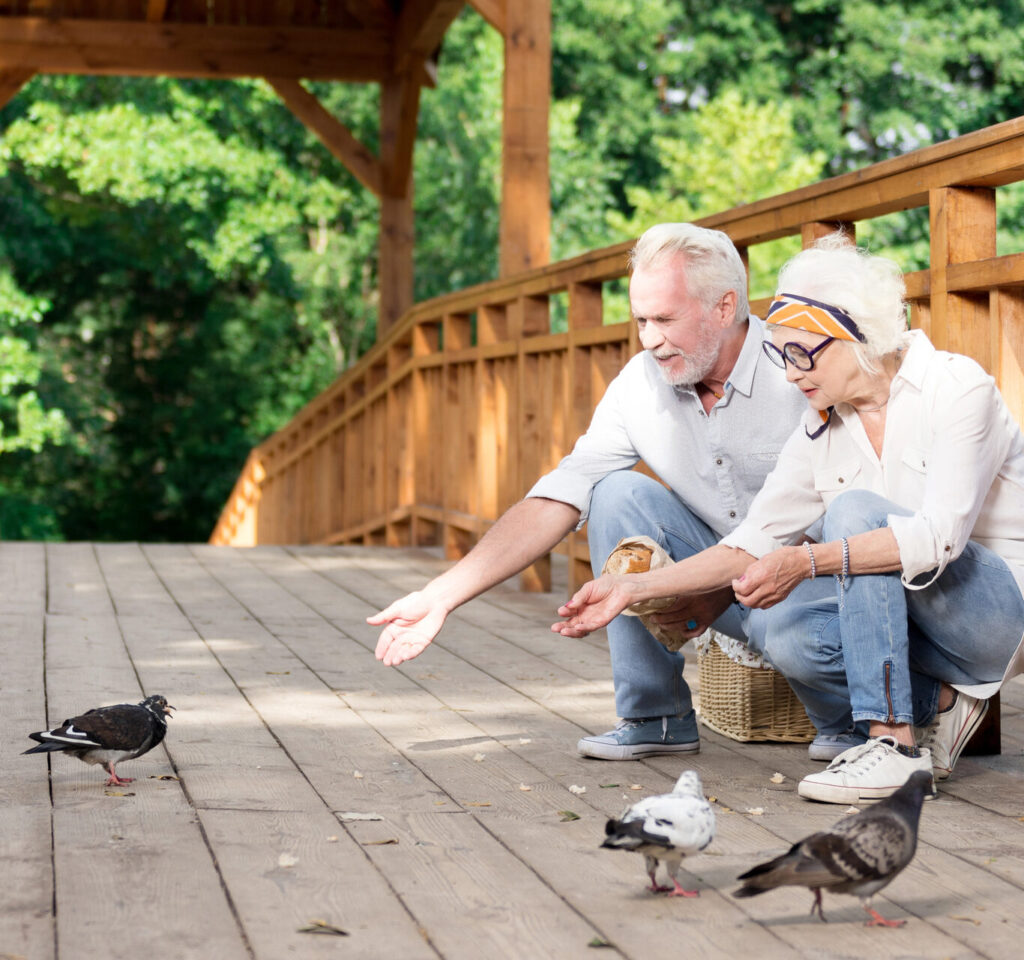Make a Difference Day, celebrated annually in October, is a national day dedicated to community service, giving individuals across the country the chance to volunteer and make an impact. One area that greatly benefits from the collective spirit of service is senior care. With a rapidly aging population, ensuring the wellbeing of seniors is more critical than ever. Volunteering on Make a Difference Day provides an excellent opportunity to support senior citizens, promote their wellbeing, and foster connections that benefit both volunteers and seniors alike.
Why Senior Care Needs Volunteers
As people age, they face a variety of challenges, from mobility issues and chronic health conditions to social isolation and loneliness. Many seniors live alone or in care facilities, and they may lack regular social interaction or support for their emotional and physical needs. Volunteers can fill this gap by offering companionship, assistance, and care to seniors who may feel disconnected or in need of help.
Moreover, the demand for senior care is growing. By 2030, all baby boomers will be over 65, and the number of people aged 85 and older is expected to triple by 2050. While professional caregivers and family members play crucial roles, there is an increasing need for additional support, and that’s where volunteers can step in to make a significant difference.
How Volunteering Benefits Seniors
Volunteering in senior care isn’t just about lending a hand; it’s about making meaningful connections and improving seniors’ quality of life. Here are some key ways volunteers can impact senior wellbeing:
1. Combatting Loneliness: Social isolation is a major issue for many seniors, especially those living alone or far from family. Volunteers can offer companionship, engage in conversations, and share activities like playing cards, reading together, or simply listening to their stories. This interaction can significantly boost seniors’ mental and emotional health.
2. Encouraging Physical Activity: Many seniors struggle with staying active, which is crucial for their physical health. Volunteers can encourage gentle exercises, accompany them on walks, or even lead group activities that promote movement. Physical activity can help maintain mobility, improve mood, and reduce the risk of chronic conditions.
3. Supporting Mental Stimulation: Keeping the mind active is just as important as physical health for seniors. Volunteers can engage seniors in mentally stimulating activities like puzzles, games, or arts and crafts, helping to maintain cognitive function and slow the progression of conditions like dementia.
4. Offering Practical Help: Volunteers can assist with daily tasks that seniors may find challenging, such as grocery shopping, running errands, or light housekeeping. These small acts of service can make a big difference in seniors’ day-to-day lives, enabling them to live more comfortably and independently.
5. Providing Emotional Support: As seniors face health issues, the loss of loved ones, and other life changes, they often need someone to talk to. Volunteers can offer emotional support, listen to their concerns, and provide reassurance. Sometimes, just knowing someone cares can improve a senior’s outlook and overall sense of wellbeing.
How Volunteering Benefits Volunteers
The benefits of volunteering for senior care extend beyond just helping others. Volunteering can be an enriching experience for individuals, providing personal growth and a sense of purpose. Here’s how volunteers can also benefit:
1. Personal Fulfillment: Helping others, especially seniors who often have rich life experiences and wisdom, can bring a deep sense of satisfaction and purpose. Many volunteers find that forming connections with seniors and making a positive impact in their lives is incredibly rewarding.
2. Building Compassion and Empathy: Volunteering with seniors can teach valuable life lessons in empathy, patience, and understanding. Seniors often share unique perspectives and stories, which can offer volunteers insight into different life stages and experiences.
3. Learning New Skills: Volunteers often gain new skills in communication, caregiving, and leadership, which can be useful in both personal and professional life. Whether it’s learning to navigate the needs of seniors or understanding more about aging, volunteers leave with invaluable knowledge.
4. Fostering Community: Volunteering creates a sense of community and belonging. Many volunteers form lasting friendships with both the seniors they help and fellow volunteers, fostering a network of support and connection.
How to Get Involved on Make a Difference Day
If you’re interested in supporting senior care on Make a Difference Day, there are many ways to get involved. Local community centers, nursing homes, and senior care organizations often welcome volunteers for various activities, from organizing events to spending one-on-one time with residents. Here are some ideas for volunteering on this special day:
– Host a Senior-Friendly Event: Plan a community event like a luncheon, game day, or arts and crafts session at a local senior center.
– Visit a Senior Living Facility: Offer your time to visit seniors in assisted living or nursing homes, providing companionship or participating in group activities.
– Help with Home Maintenance: Many seniors live at home but struggle with tasks like yard work, cleaning, or minor repairs. Offer your help with these tasks to make their lives easier.
– Become a Friendly Visitor: If you know an elderly neighbor or family member who could use some company, take the time to visit them, share a meal, or simply chat.
Conclusion
Make a Difference Day offers an incredible opportunity to support senior care and make a lasting impact on the lives of older adults. Whether you offer your time, talents, or resources, volunteering with seniors can help combat isolation, encourage activity, and provide emotional support, all of which contribute to their overall wellbeing. And as a volunteer, you, too, will benefit from the joy of making meaningful connections and fostering a stronger, more compassionate community.

